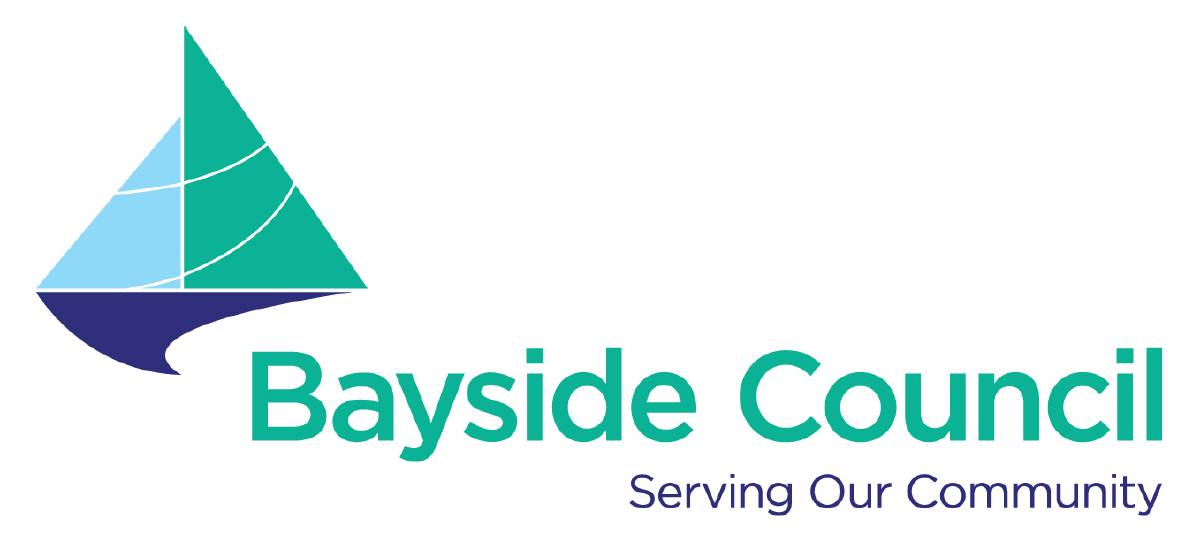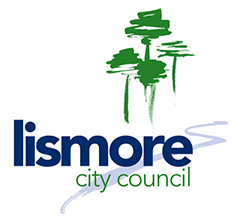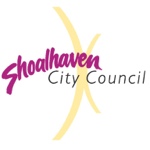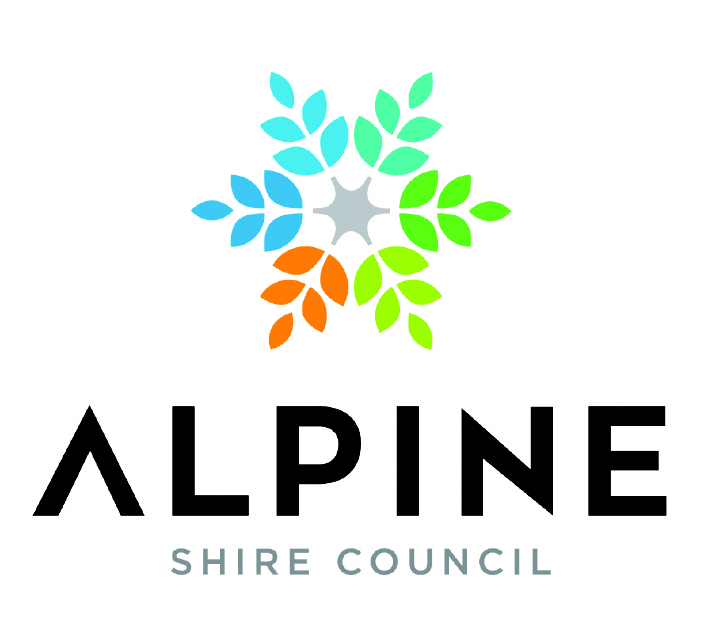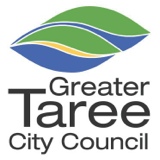Information
-
Audit Title
-
Document No.
-
Client / Site
-
Conducted on
-
Prepared by
-
Location
-
Personnel
Food Business Details
-
Business Trading Name
-
Address
-
Proprietor
-
Company name
-
Food Safety Supervisor
-
Priority classification
Inspection details
-
Person interviewed
-
Type of inspection
-
Inspection fee
-
Inspection start
-
Inspection end
-
Items marked "No" indicate matters which require rectification.
1. Unsafe/unsuitable food
-
1.1 Safe food [Section 16, Food Act 2003]
-
1.2 Suitable food [Section 17, Food Act 2003]
2. Hand washing facilities
-
2.1 Hand wash facility correctly located, adequately sized, accessible, properly installed, clearly designated [FSS 3.2.2, cl. 17(1)(a); FSS 3.2.3, cl. 14]
-
2.2 Warm running water provided to hand washing facility [FSS 3.2.2, cl. 17(b)]
-
2.3 Soap provided near the hand washing facility [FSS 3.2.2, cl. 17(b)]
-
2.4 Single use disposable towels or hand drying device provided near the hand washing facility [FSS 3.2.2, cl. 17(1)(d)]
3. Personal hygiene
-
3.1 Food handler with food borne disease/symptoms restricted from food areas [FSS 3.2.2, cl. 14(1) & (2)]
-
3.2 Bandages/dressings completely covered with water proof dressings [FSS 3.2.2, cl. 15(1)(d)]
-
3.3 Hands washed whenever they are likely to be a source of contamination [FSS 3.2.2, cl. 15(2)]
-
3.4 Hands/fingers nails clean [FSS 3.2.2, cl. 15(2)(a);(3) & (4)]
4. Hot & cold holding of potentially hazardous food
-
4.1 Hot potentially hazardous food held at 60°C or higher [FSS 3.2.2, cl. 6(2)(a) & cl. 8(5)]
-
4.2 Cold potentially hazardous food held at 5°C or lower [FSS 3.2.2, cl. 6(2)(a) & cl. 8(5)]
5. Service and display
-
5.1 Potentially hazardous food on display under temperature control [FSS 3.2.2, cl. 8(5)]
-
5.2 Previously served unwrapped food and beer/drinks not being re-used [FSS 3.2.2, cl. 11(4)]
-
5.3 Drinking/eating utensils and vessels clean/sanitary [FSS 3.2.2, cl. 20(1)(a)]
-
5.4 Food served in clean packaging [FSS 3.2.2, cl. 9]
-
5.5 Individual self-service utensils provided/used appropriately [FSS 3.2.2, cl. 8(2)(b)]
6. Food processing
-
6.1 Source unlikely to cause cross-contamination [FSS 3.2.2, cl. 7(1)]
-
6.2 Separate utensils and equipment used for raw and prepared food (safe and suitable food) [FSS 3.2.2, cl. 7(1)(a)]
-
6.3 Raw and prepared foods handled separately (safe and suitable food) [FSS 3.2.2, cl. 6(2)(a) & 8(5)(a)]
-
6.4 Frozen potentially hazardous food thawed quickly in microwave, under refrigeration or immediately cooked [FSS 3.2.2, cl. 7(1)]
-
6.5 Holding time for potentially hazardous food at high risk temperatures kept to a minimum [FSS 3.2.2, cl. 7(2)]
-
6.6 Pathogen control step for potentially hazardous food [FSS 3.2.2, cl. 7(1)(b)(ii)]
-
6.7 Cooked potentially hazardous food cooled within 4-hour/2-hour rule [FSS 3.2.2, cl. 7(3)]<br>PHF to be cooled within 2 hours from 60°C to 21°C and within a further 4 hours from 21°C to 5°C.
-
6.8 Previously cooked and cooled potentially hazardous food (intended to be held hot) rapidly re-heated to 60°C or above [FSS 3.2.2, cl. 7(4)]
-
6.9 Provided a thermometer that is readily accessible that can accurately measure the temperature of food to +/- 1°C [FSS 3.2.2, cl. 22]
7. Pest control
-
7.1 No evidence of pests [FSS 3.2.2, cl. 24(1)(c)]
-
7.2 Pesticides properly used, labelled and stored [FSS 3.2.2, cl. 6(1)(a); 8(1); 9(b); 10(a); FSS 3.2.3 cl. 15]
8. Cleaning, sanitising and maintenance
-
7.3 Live animals not present [FSS 3.2.2, cl. 24(1)(a)]
-
8.1 Food contact surfaces clean [FSS 3.2.2, cl. 20(1)(b)]
-
8.2 Eating and drinking utensils clean [FSS 3.2.2, cl. 20(1)(a)]
-
8.3 Toxic cleaning agents properly used, labelled and stored [FSS 3.2.2, cl. 6(1)(a); 8(1); 9(b); 10(a) & FSS 3.2.3, cl. 15]
9. Dish & glass washing facilities
-
9.1 Sanitisation effective [FSS 3.2.2, cl. 20; FSS 3.2.3, cl. 13(3)]
10. Water supply
-
10.1 Supply of water adequate and non-potable [FSS 3.2.3, cl. 4]
-
10.2 Ice made from potable water [FSS 3.2.2, cl. 7(1)(a); FSS 3.2.3, cl. 4(2)]
11. Food disposal & recalls
-
11.1 Food for disposal properly identified [FSS 3.2.3, cl. 11(3)]
12. Other
-
12.1 Adequate labelling [Food Standards Code Part 1.2]
-
12.2 Stored food protected from contamination [FSS 3.2.2, cl. 6(1)]
-
12.3 Premises non-food contact surfaces clean [FSS 3.2.2, cl. 19(1)]
-
12.4 Premises fixtures, fittings, and equipment clean (not food contact) [FSS 3.2.2, cl. 19(2)]
-
A food business must maintain food premises to a standard of cleanliness where there is no accumulation of: (a) garbage, except in garbage containers; (b) recycled matter, except in containers; (c) food waste; (d) dirt; (e) grease; or (f) other visible matter.
-
12.5 Premises, fixtures, fittings and equipment maintained in good working order [FSS 3.2.2, cl. 21]
-
12.6 Single use items that come into contact with food or the mouth of a person are uncontaminated [FSS 3.2.2, cl. 23]
-
12.7 Mechanical ventilation provided [FSS 3.2.3, cl. 7]
-
12.8 Floors constructed appropriately for the activity [FSS 3.2.3, cl. 10]
-
12.9 Walls and/or ceiling constructed appropriately for the activity [FSS 3.2.3, cl. 11]
-
12.10 Fixtures, fittings and equipment fit for their intended use [FSS 3.2.3, cl. 12]
-
12.11 Adequate storage facilities for items that are likely to contaminate food such as clothing and personal belongings [FSS 3.2.3, cl. 15]
Additional comments/Issues
-
Comments
-
Result
-
Re-inspection required?
-
I have read and understood the contents of this inspection report and will forward this report, if applicable, onto the proprietor/owner/general manager or appropriate person.
ADDITIONAL INFORMATION
Council's Responsibilities
-
• Carry out regular routine inspections and enforcement of the retail food service sector within the Shire.
-
• Retail food businesses will be inspected regularly depending on their risk classification and results of inspections.
-
• Food businesses that are found to have critical food safety breaches may be re-inspected. This will result in an additional cost of an inspection fee.
-
• Urgent food safety responses, including urgent food recalls.
Inspection results
-
Satisfactory: All aspects of the retail food business complies with all critical food handling practices and conforms with the Food Standards. No re-inspection required.
-
Unsatisfactory Non-Critical Fail: There are no critical food handling practices that have been identified and a small number of non-critical practices identified. A re-inspection may be required.
-
Unsatisfactory Critical Fail: One or m ore critical food handling practices have been identified. These practices are Linley to, or have resulted in the production of unsafe or unsuitable food. A re-inspection will be required.
-
• Food complaint investigations - complaints of food borne illness, or any matter presenting a risk to food safety will be investigated by Council and may also be referred to the NSW Food Authority.
"Name and Shame Law"
-
The Food Act 2003 includes provisions that penalty notices issued by the NSW Food Authority and councils will be eligible for publication in a public register. The NSW Food Authority does not intend to publish details of offences that do not inform the public of food safety performance matters, Successful food convictions are also published in accordance with s. 133 of the Food Act 2003 on the NSW Food Authority's website.
Food Safety Supervisors (FSS)
-
Food businesses that sell ready to eat food which is potentially hazardous and not sold and served in the original package are required to appoint a Food Safety Supervisor. For m ore information visit the NSW Food Authority website (http://www.foodauthority.nsw.gov.au)
Further information
-
• All food businesses are required to notify the NSW Food Authority and the local enforcement agency (Council) of their activities and current details at http://www.foodnotify.nsw.gov.au
-
• Food handlers must have skills and knowledge in food safety and food hygiene matters in relation to their work activities.
-
• Information on a wide range of food matters can also be obtained from the NSW Food Authority's website http://www.foodauthority.nsw.gov.au and Council's website http://www.thehills.nsw.gov.au
Council's Contact details
-
The Hills Shire Council Telephone: (02) 9843 0555 Email: council@thehills.nsw.gov.au
-
129 Showground Road Fax: (02) 9843 0409 Web: www.thehills.nsw.gov.au
-
Castle Hill NSW 2154 DX 8455 Castle Hill ABN: 25 034 494 656
-
PO Box 75 Castle Hill NSW 1765






